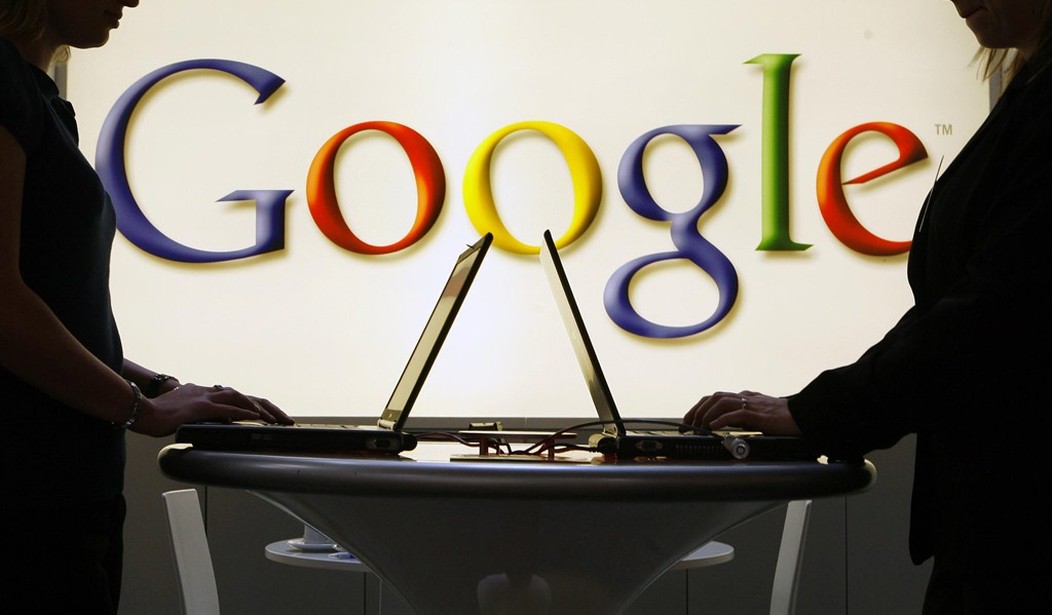Top News
How Censorship Works Online

We are all familiar with the standard form of censorship–simply preventing the dissemination of ideas that are not approved.
But that is only one of several forms that censorship can take. I have occasionally been outright censored online–on Twitter 1.0, I was temporarily suspended because the censors didn’t like what I said, and I was forced to delete the posts. It happened within a day or two of my starting at Hot Air, and since the posts were old, I acceded to their demand.
I don’t for a moment think that it was coincidental that the suspension didn’t happen when the posts were put up; it was clearly, if not provably, related to my new job. It was a shot across the bow.
The type of censorship I often deal with today is a bit more subtle but, in many ways, more insidious: demonetization by advertising platforms. If my colleagues or I write certain things, the advertising gods at Google and other brokers can arbitrarily decide that the content shouldn’t be eligible for ad placement.
Since I write often about controversial topics, my pieces are more likely than most to get this treatment. My employers never complain–I have never had anybody here suggest I modify my opinions, push a narrative, or refrain from speaking on any issue.
Only one thing has ever come close to that: I know that some topics should probably be discussed only behind the paywall because Big Tech will punish us for telling the truth about them.
It’s infuriating. Like many of you, I instinctively dislike paywalls. When I subscribe to a site, I do so because I want to support them, not because I am forced to. There are exceptions: I subscribe to some news sites to see what is being written because that is part of my job.
And, as you would expect, when I write something, I generally want everybody I can possibly reach to read the piece. I write as few VIP columns as possible because I want to reach a broader audience; unfortunately, Big Tech makes certain topics off-limits.
If I had my druthers the only VIP content would be the shows. Ed provides a lot of value with them and they make a nice bonus for the members. But in my ideal world all the columns would be freely available. That world doesn’t exist, and that’s because of censorship.
PJ Media’s Stephen Green wrote about his frustration regarding Big Tech’s censorship. Sometimes, the demonetization is seemingly random, and some topics you can predict. But in every case, it is because Big Tech doesn’t want people to see a fact or a point of view.
“Dangerous or derogatory” also means no ads, and that means PJ Media loses money on my column. Meanwhile, Daily Beast’s Roger Sollenberger just published a nasty and inaccurate hit piece on Republican House Speaker Mike Johnson, and you can bet there’s nothing “dangerous or derogatory” about that so far as Google is concerned.
I’ve always thought of PJ Media’s VIP section as the feature that lets us publish so-called “dangerous or derogatory content” behind a paywall so we (and you!) don’t have to be concerned about demonetization.
Robert Spencer wrote about his own frustrations with Google’s censorship in a column Monday:
…with Google, there is no discussion, no debate, no dissent. One simply must obey, as one must obey the authorities, however wrongheaded and arbitrary they are, in any totalitarian regime. Google has arrogated to itself the right to determine what is unreliable, harmful, dangerous, and derogatory, and if you disagree, so much the worse for you. Google wonks control the primary means of communication today, and you don’t. The society that they and their colleagues envision for the future is not one that includes questioning the decisions of those who hold the power. One submits and obeys, or one is punished.
Yep. About right.
More often than not, I forget what topics I should put behind the paywall and which are “safe,” and my employers are more tolerant than I deserve and don’t complain. That’s because they feel the same way: we should be able to say what we think and share our opinions. I am grateful for that! There is none of that MSM-style “don’t cover that topic” atmosphere.
Townhall might not pressure me, but I feel the pressure from Big Tech. If my pieces are demonetized, reduced in reach by search engines, and people are discouraged from reading them, then what is the point? So, I put certain topics behind the paywall.
That is the real reason we have a VIP program here–or at least the reason why I push people to join. VIP is where we can say certain things, and it also helps subsidize articles that get demonetized when they aren’t behind a paywall.
So once again, I make my pitch: become a HotAir VIP member today and use promo code SAVEAMERICA to receive a 50% discount on your membership.
It makes all the difference in the world.
Read the full article here


















